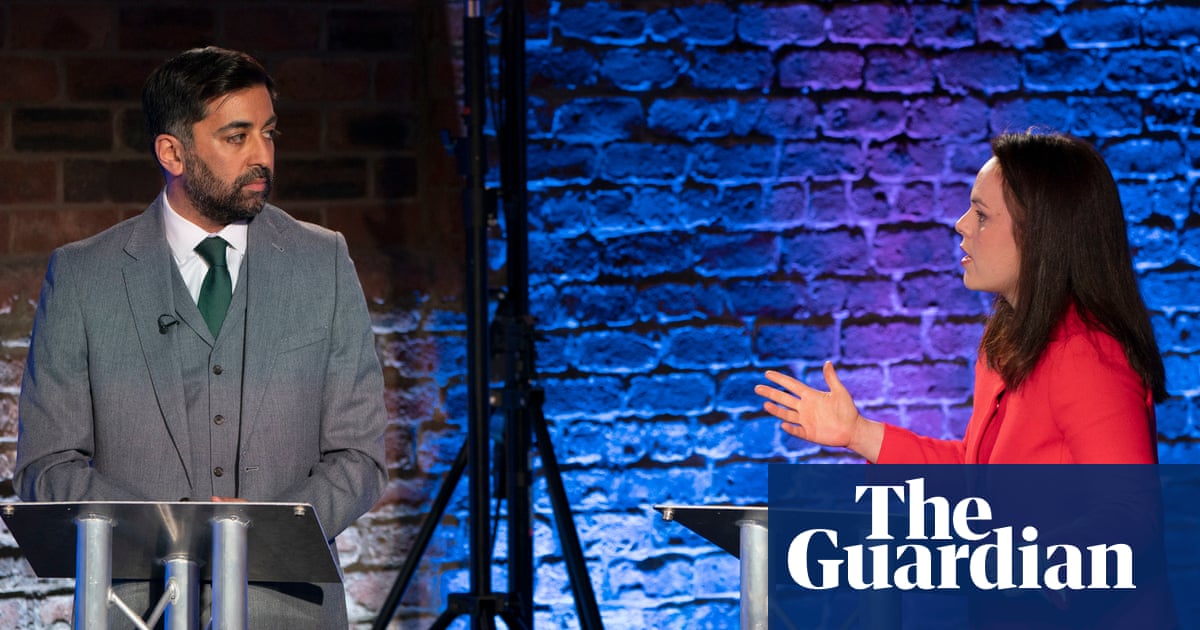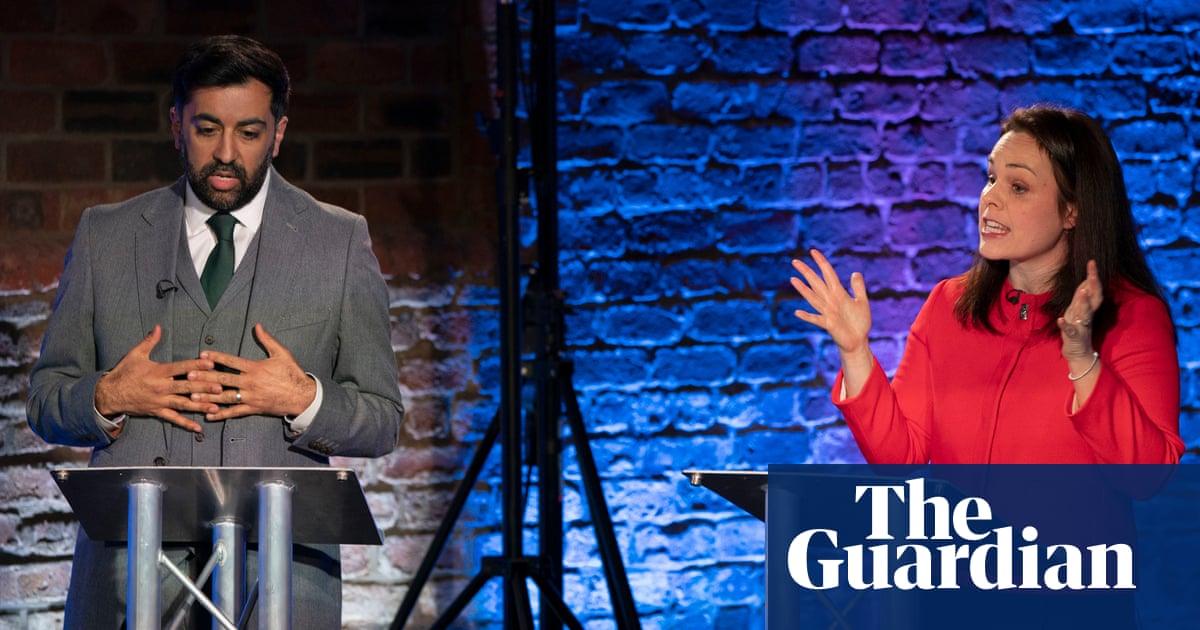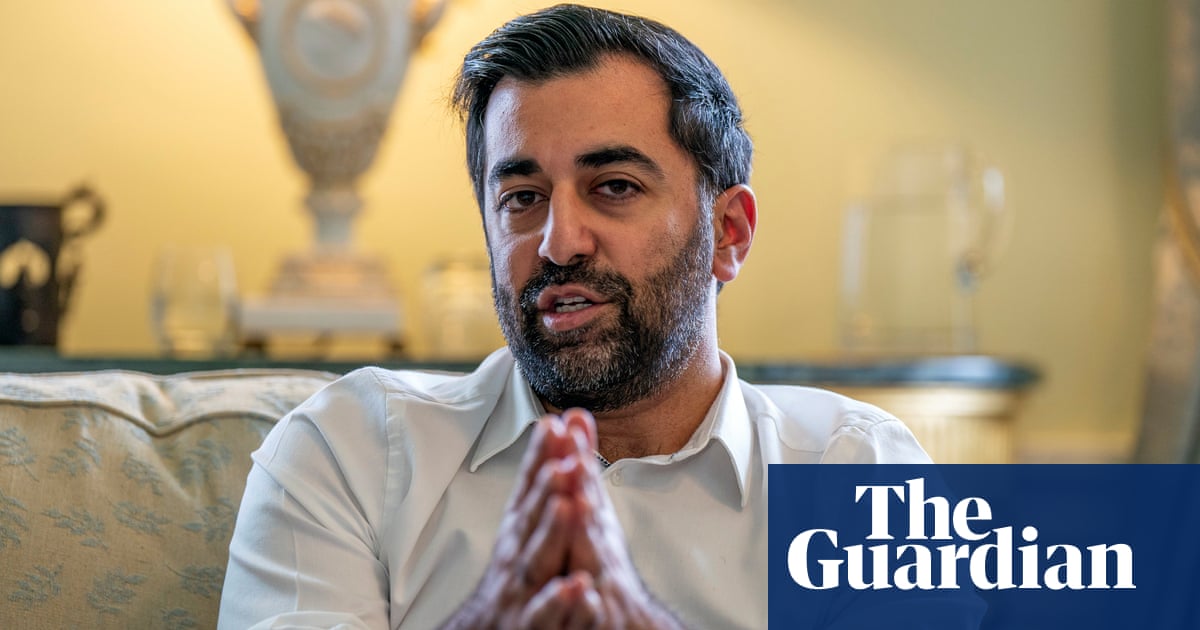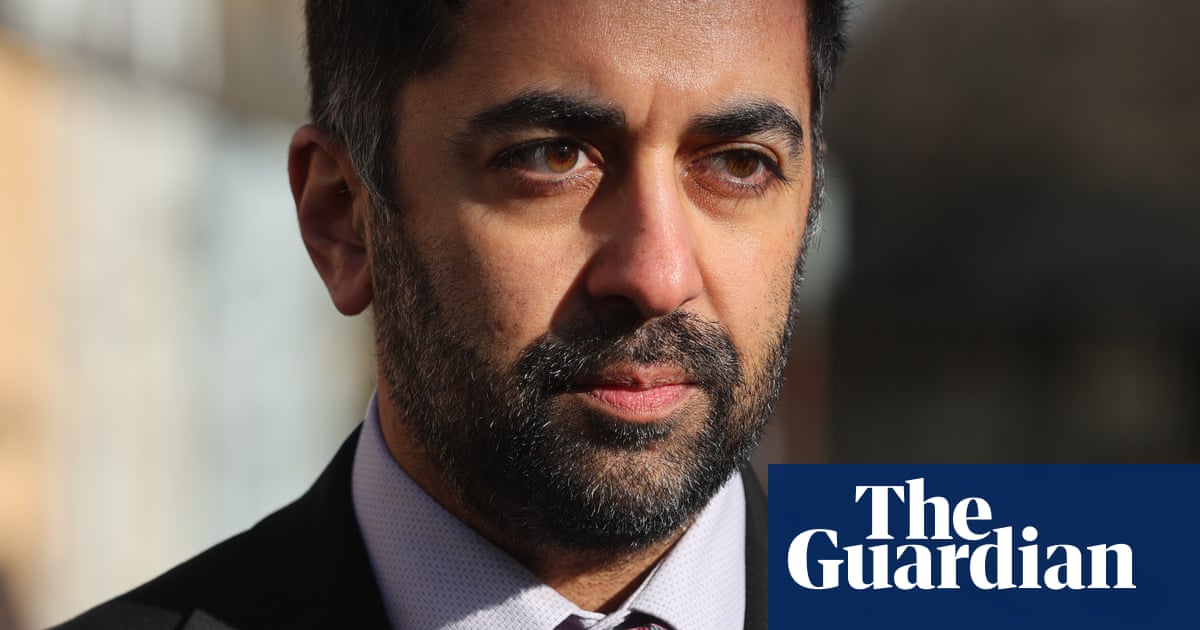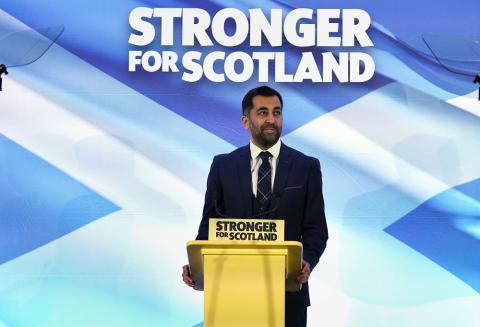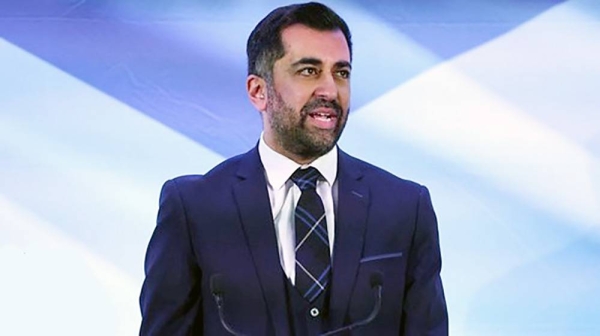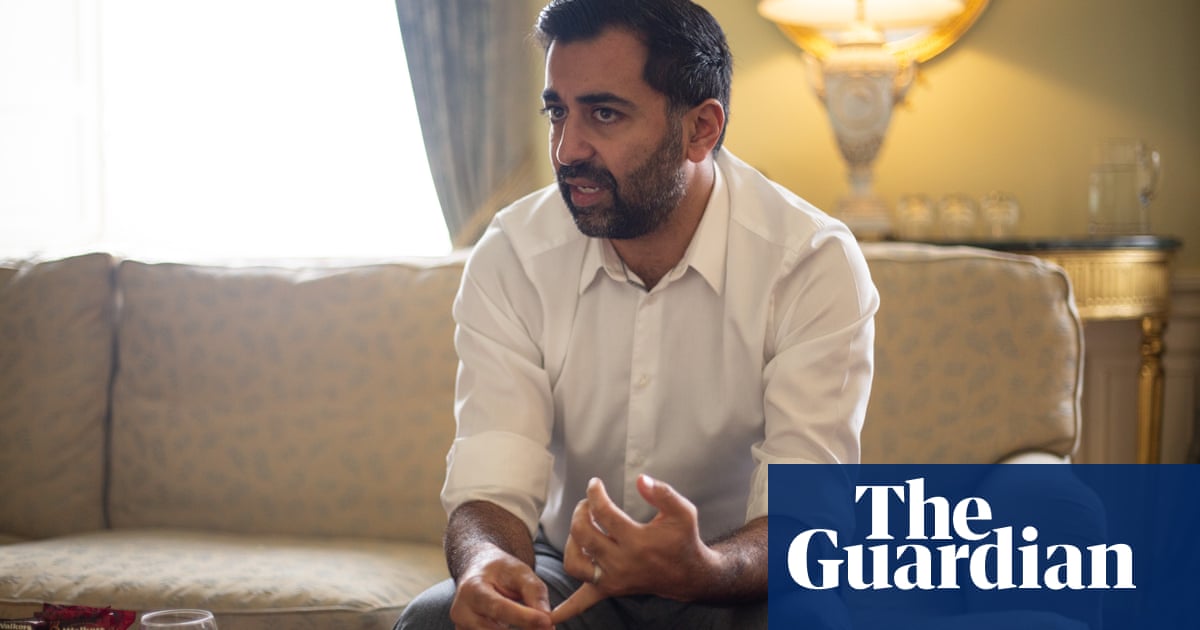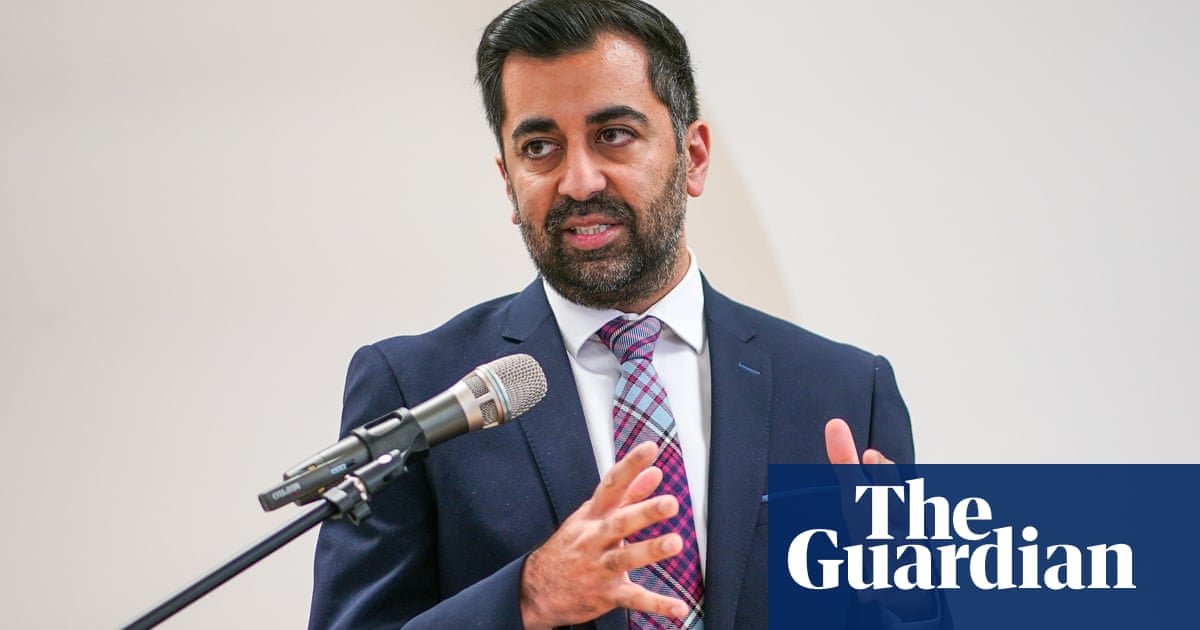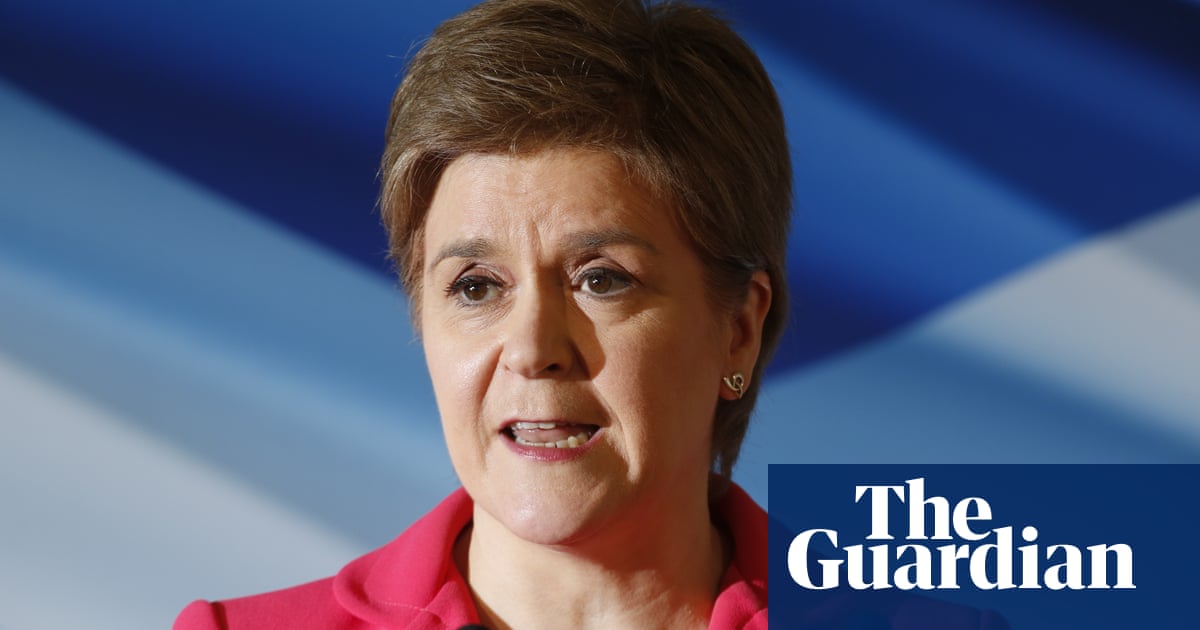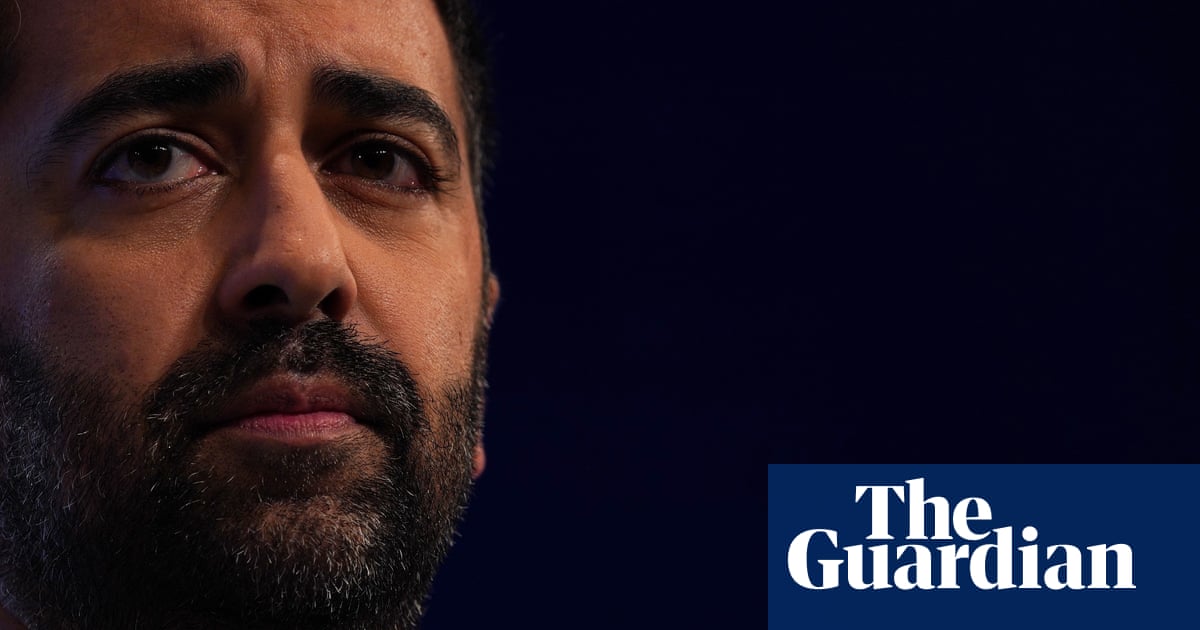
Humza Yousaf has announced that Scotland’s council taxes will be frozen next year, and millions added to health spending, as he launched a fightback against Labour’s surge in the polls.
Yousaf admitted in his first conference speech as Scottish National party leader that last month’s huge defeat at the hands of Labour in the Rutherglen and Hamilton West byelection had been “a tough night” for the SNP.
Labour won with 58% of the vote by focusing heavily on the cost of living crisis, attacking the Scottish government’s decision to allow council tax rises next April and by hinting that income taxes would also rise.
The first minister told delegates at the SNP’s conference in Aberdeen that he had “considered carefully” what his government could do about the economic crisis, in a speech that couched independence as an aspiration rather than an immediate goal.
Repeating an election-winning policy first unveiled by former SNP leader Alex Salmond after the banking crash in 2008, Yousaf said he would halt plans to allow Scotland’s 32 councils to raise council tax next year.
“We know that people are filled with dread when the bills are going up and up,” he said. “We can’t stop all the bills rising – but where we can act, we should.”
The surprise move sparked an immediate row with Yousaf’s coalition partners, the Scottish Greens, who were only told of the announcement on the morning of the speech; there is a “no surprise” clause in the Bute House joint working agreement between the two parties.
Ross Greer, the Scottish Greens’ finance spokesperson, said a council tax freeze favoured the rich more than the poor and said his party was concerned about the effect the freeze “could have on already-strained frontline public services if it is not properly funded”.
Scottish government officials said they would negotiate with council leaders on reimbursing them for lost revenues; it would cost ministers £100m next year to fund a 3% rise in tax rates. Cosla, the umbrella body for Scotland’s councils, said it had not been told of the freeze.
“This has longer-term implications for all councils right across the country, at a time when we know there are acute financial pressures,” a Cosla spokesperson said.
Yousaf then directly addressed Labour’s surge in the polls in Scotland, with some suggesting Labour was close to beating the SNP at the next general election, by indicating to party activists that Labour and its UK leader, Keir Starmer, were now their chief targets.
Addressing a smaller crowd than in any recent SNP conference, he sought to rouse activists by denouncing the Conservatives’ adoption of culture wars. The Tories were “done”, he said. “They’re finished, and conference, good riddance to them.
“That leaves Labour. And when it comes to values, I’ve got absolutely no idea what Keir Starmer stands for. The closer he gets to Downing Street, the further he retreats from his principles.”
In a speech peppered with new spending commitments, Yousaf also pledged to invest a further £100m a year for the next three years on cutting Scotland’s NHS waiting lists; to provide £500,000 to Women’s Aid groups that would pay £1,000 grants to help women flee abusive partners; and £500m over the next five years to bolster Scotland’s renewables industry supply chain.
Yousaf said the Scottish government would also investigate launching its own bonds by 2026 on the international market, to raise money from investors to plough into infrastructure projects, including new affordable housing.
“In doing so, we will show the world not only that we are a country to invest in today,” he said. “We will also demonstrate the credibility to international markets that we will need when we become an independent country.”
In addition, the Scottish culture budget would be increased by £100m by 2028 – a pledge which followed a bitter dispute over a £6m budget row involving the arts agency Culture Scotland.
That spending pledge depends on the SNP winning the 2026 Holyrood elections, a prospect the latest opinion polls suggest is under threat. In the wake of Rutherglen, several polls have put Labour ahead of the SNP on the Holyrood regional vote and close behind it on the constituency vote.
A poll last week from Savanta said Labour was also neck and neck with the SNP on 35% in a Westminster election; a result which Labour leaders believe is the tipping point at which Labour can overtake the SNP as Scotland’s largest party for the first time since 2015.
Yousaf claimed that focusing on domestic policies was proof that independence would work. But the unexpected decision to again freeze council taxes in Scotland, a policy adopted by the SNP for eight years and again during the Covid crisis, is well within Holyrood’s existing powers.
However, he told delegates the SNP was developing a swathe of policies which prepared Scotland for independence, including a new written constitution, a new macroeconomic framework and a clear commitment to rejoining the EU.
“In a world where it can be easy to feel powerless, there is no greater act of empowerment than to take our destiny into our own hands,” he said.
“And there is no greater gift that we can leave our children than a country which is theirs to create in their own image.”




